1.0: Mobile Devices
1/39
Earn XP
Description and Tags
Name | Mastery | Learn | Test | Matching | Spaced | Call with Kai |
|---|
No analytics yet
Send a link to your students to track their progress
40 Terms
Lithium-Ion (Li-ion) and Lithium-Ion Polymer (LiPo)
The most common types of batteries used in laptops today. They offer high energy density, lightweight design, and longer life cycles compared to earlier battery technologies.
Memory Effect
When a rechargeable battery appears to "remember" a lower capacity if it is repeatedly only partially discharged before being recharged.
SO-DIMM (Small-Outline Dual In-Line Memory Module)
A type of RAM module designed for laptops and small form factor computers, featuring a compact size compared to standard DIMMs.
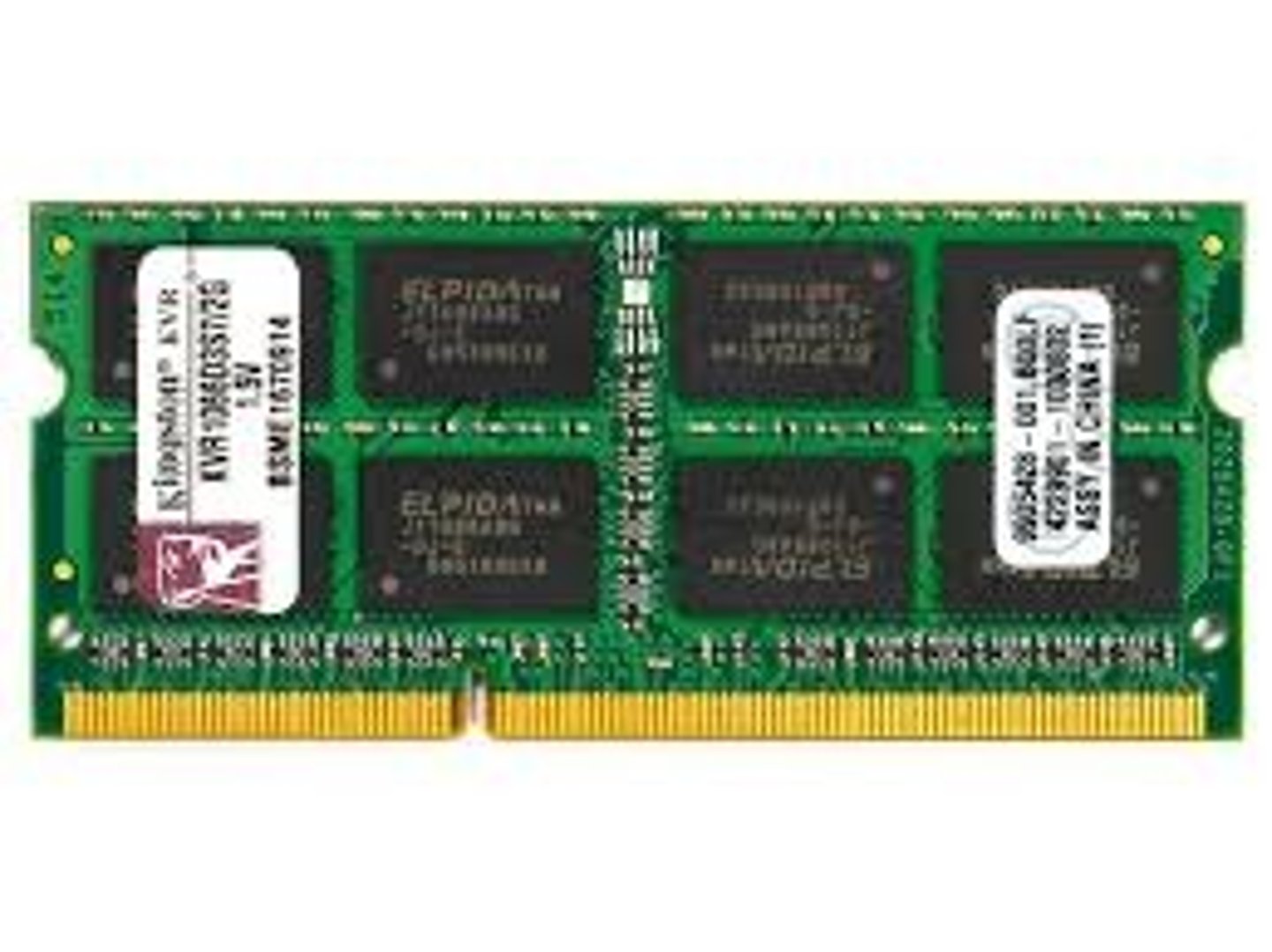
Magnetic Disk
Type of data storage device that uses magnetic patterns on a spinning disk. (HDDs, Floppy Disks, etc.)
2.5in form factors (3.5in for desktops)
Solid State Drive (SSD)
Non-volatile storage device where data is stored on flash memory chips.
Silent, fast, less latency, no moving parts, and 2.5in form factors
M.2 Form Factor
Form factor for internally mounted storage expansion cards (usually SSDs)
Smaller, no cables, and faster if using NVMe interfaces
HDD to SSD migration
Manually: Install OS, move user files, install required apps to SSD
HDD Image: Create clone of HDD and move to SSD; need imaging software
802.11
Set of standards from the IEEE for wireless local area networks (WLANS), aka Wi-Fi
Bluetooth
a wireless PAN technology that transmits signals over short distances among cell phones, computers, and other devices (usually up to around 33 feet)
NFC (Near Field Communication)
Wireless communication technology enabling data exchange between devices that are very close together (1.5 inches)
Used for authentication w/o password
LCD (Liquid Crystal Display)
Flat-panel display that manipulates light from a backlight to produce images.
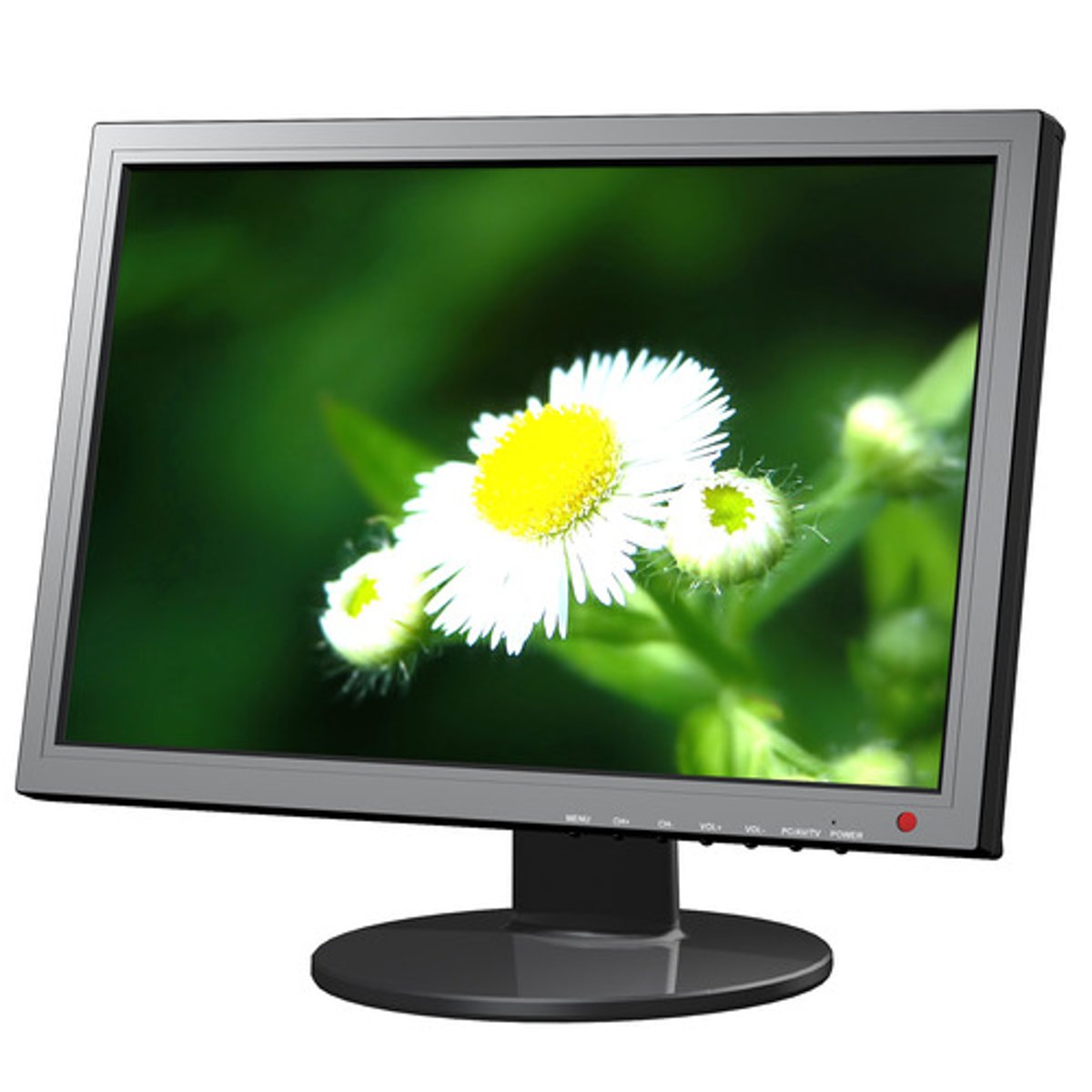
Twisted Nematic (TN) LCD
Type of LCD that uses twisted nematic liquid crystals to control light passage.
Has fast response times, but bad viewing angles.
In-Plane Switching (IPS) LCD
Type of LCD where liquid crystals are aligned in parallel (in-plane)
Has better viewing angles than Twisted Nematic, but more expensive.
Vertical Alignment (VA) LCD
Type of LCD where the liquid crystals are aligned vertically.
In between TN and IPS in terms of performance. Has great color but slower response times than TN.
OLED (Organic Light Emitting Diode)
A display technology where each pixel emits its own light through an organic compound (no backlight needed).
Thinner, lighter, flexible, and mobile. Has awesome color, but more expensive than LCD. Used in tablets, phones, smartwatches
Wi-Fi Antennas
Transmit and receive radio frequency signals. Wires wrapped around the screen in laptops
CCFL (Cold Cathode Fluorescent Lamp)
Type of backlighting used in older LCD displays. Requires more voltage and power, and adds thickness to the display.
LED-backlit LCD display
Light Emitting Diode
Type of backlighting where LEDs are placed around the edge of the screen and behind the screen.
Allows for thinner displays, is more energy-efficient, and provides better brightness and contrast ratios.
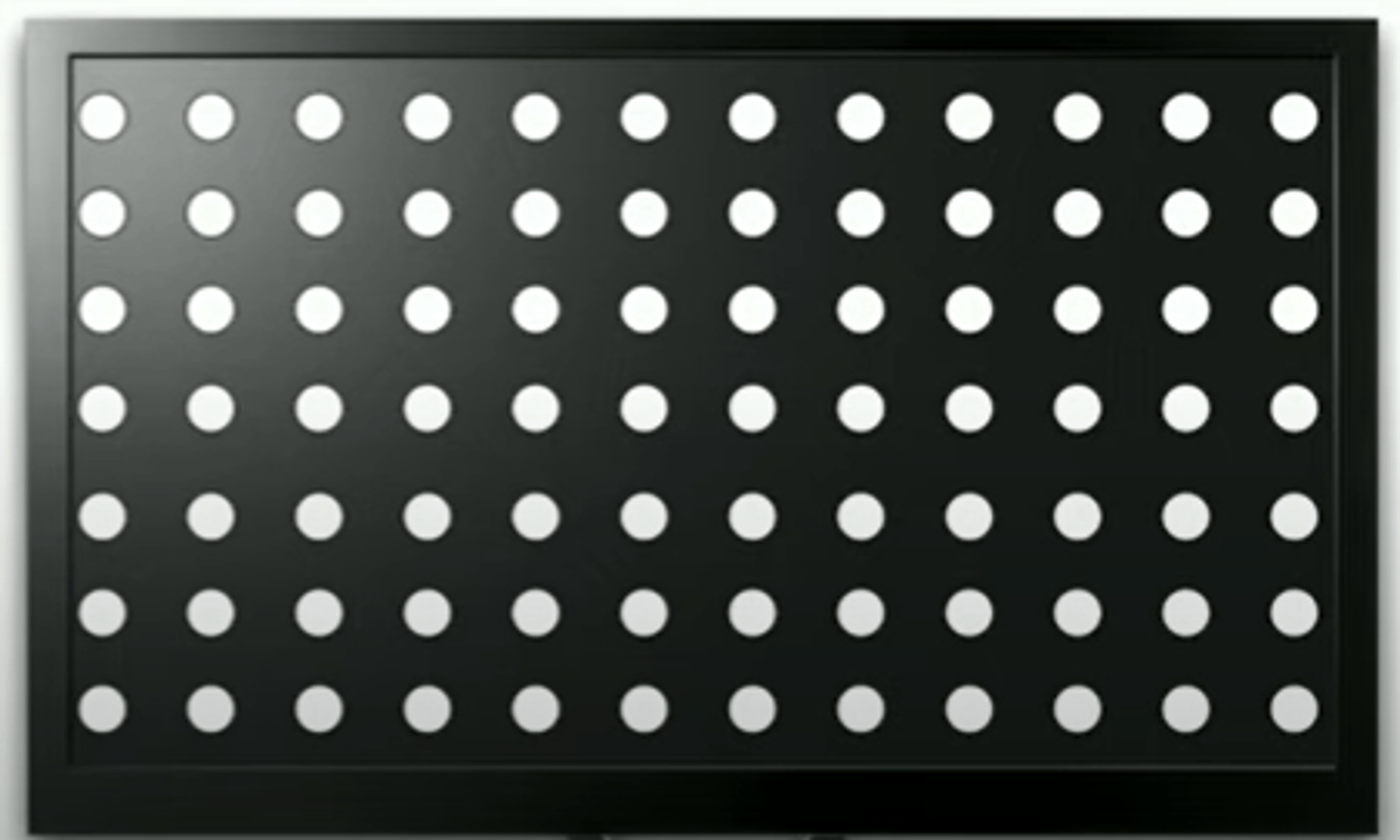
LCD inverter
Convert DC from the power supply into AC, which is required to power CCFL backlights.
Digitizer
Component that converts real-world input (touch or pen) into data a device can understand. Used in laptops, tablets, phones, etc.
USB (Universal Serial Bus)
High speed wired communications cable used for charging or for data transfers.
Types: Micro-USB, Mini-USB, USB-C, Lightning
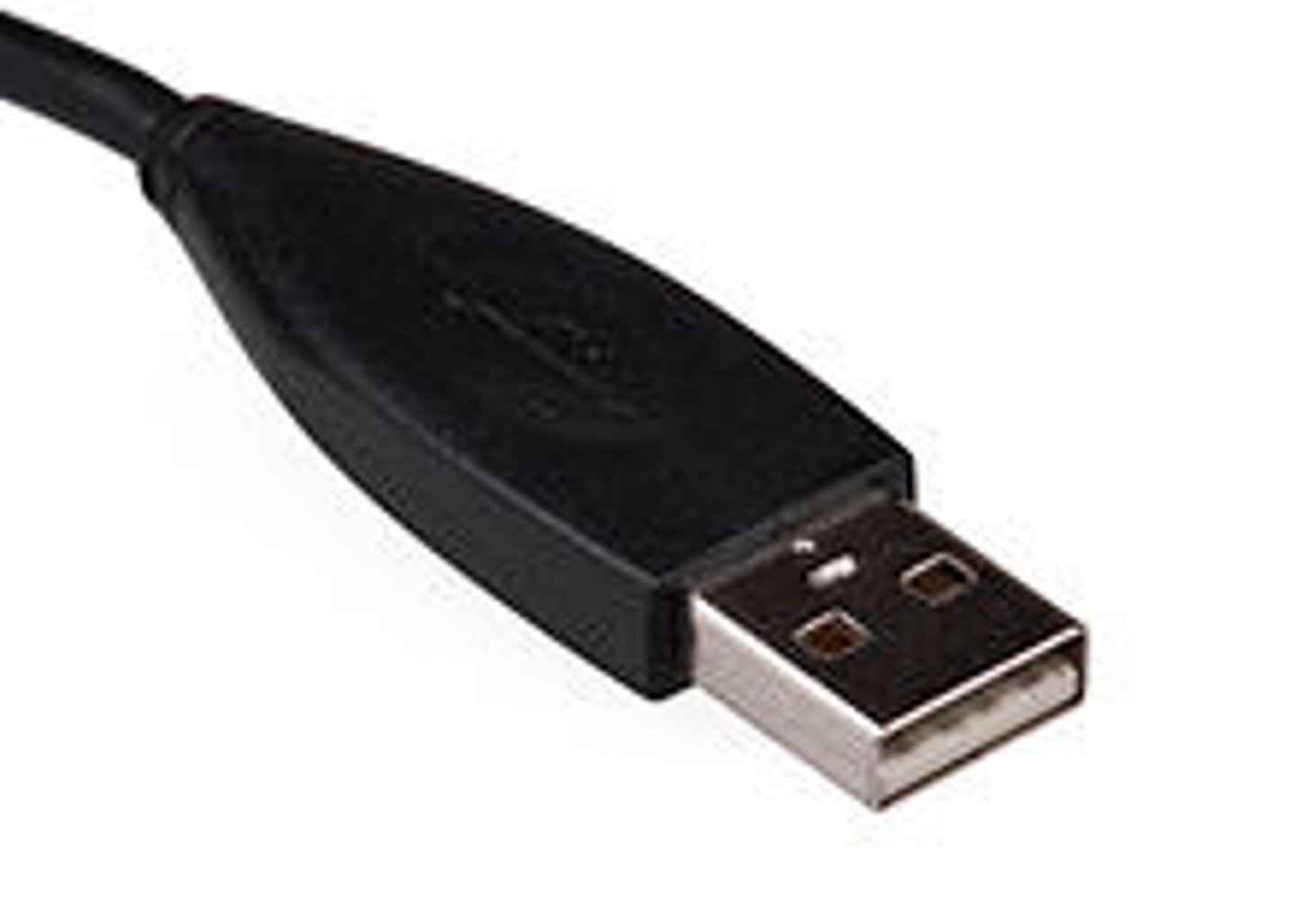
USB-C
24-pin double-sided USB connector for hosts and devices
Can be used in either orientation, and can be used to send many different types of signals. The "C" only describes the physical form-factor of the cable
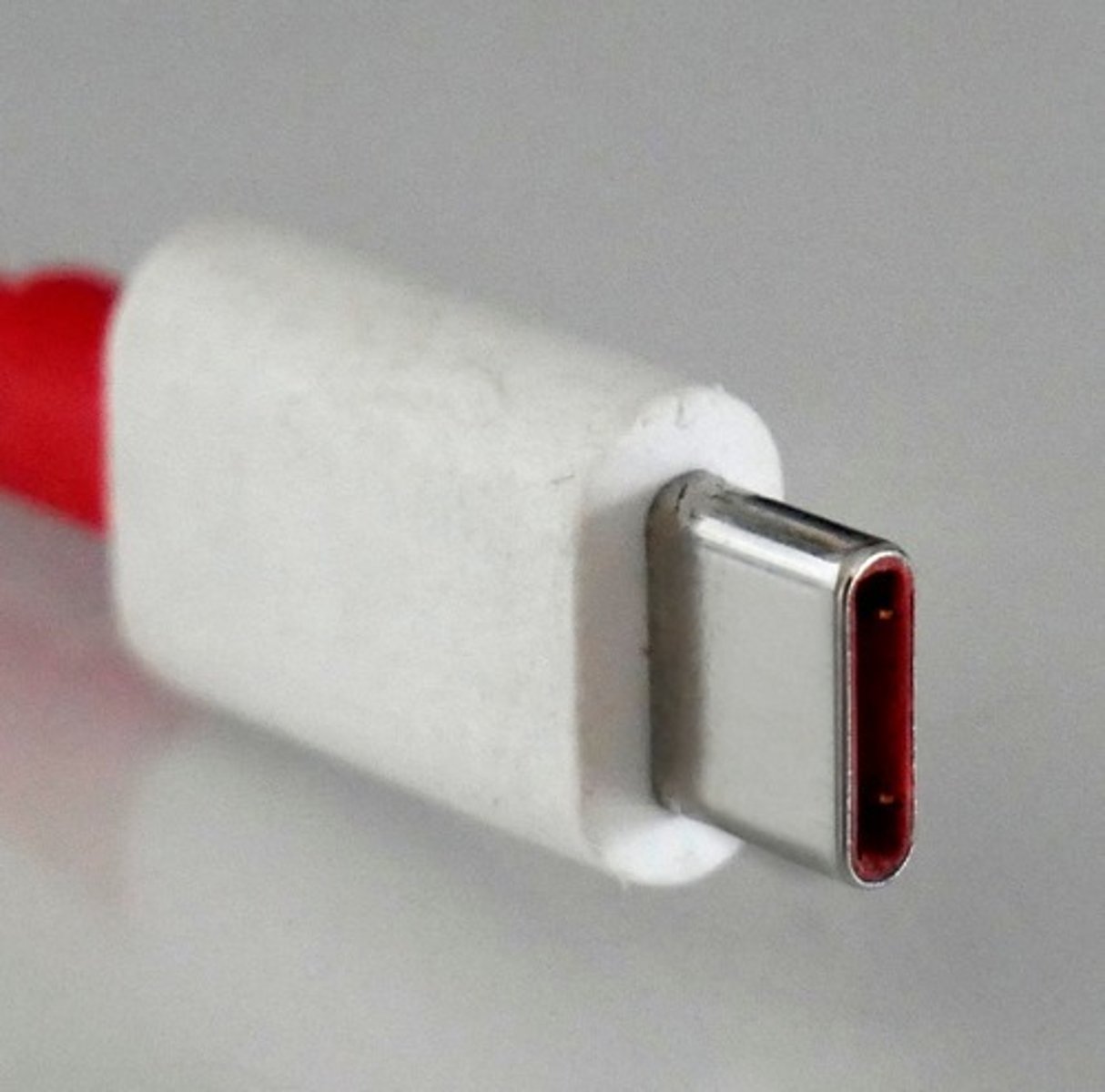
lightning cable
8-pin reversible proprietary connector by Apple for its devices.
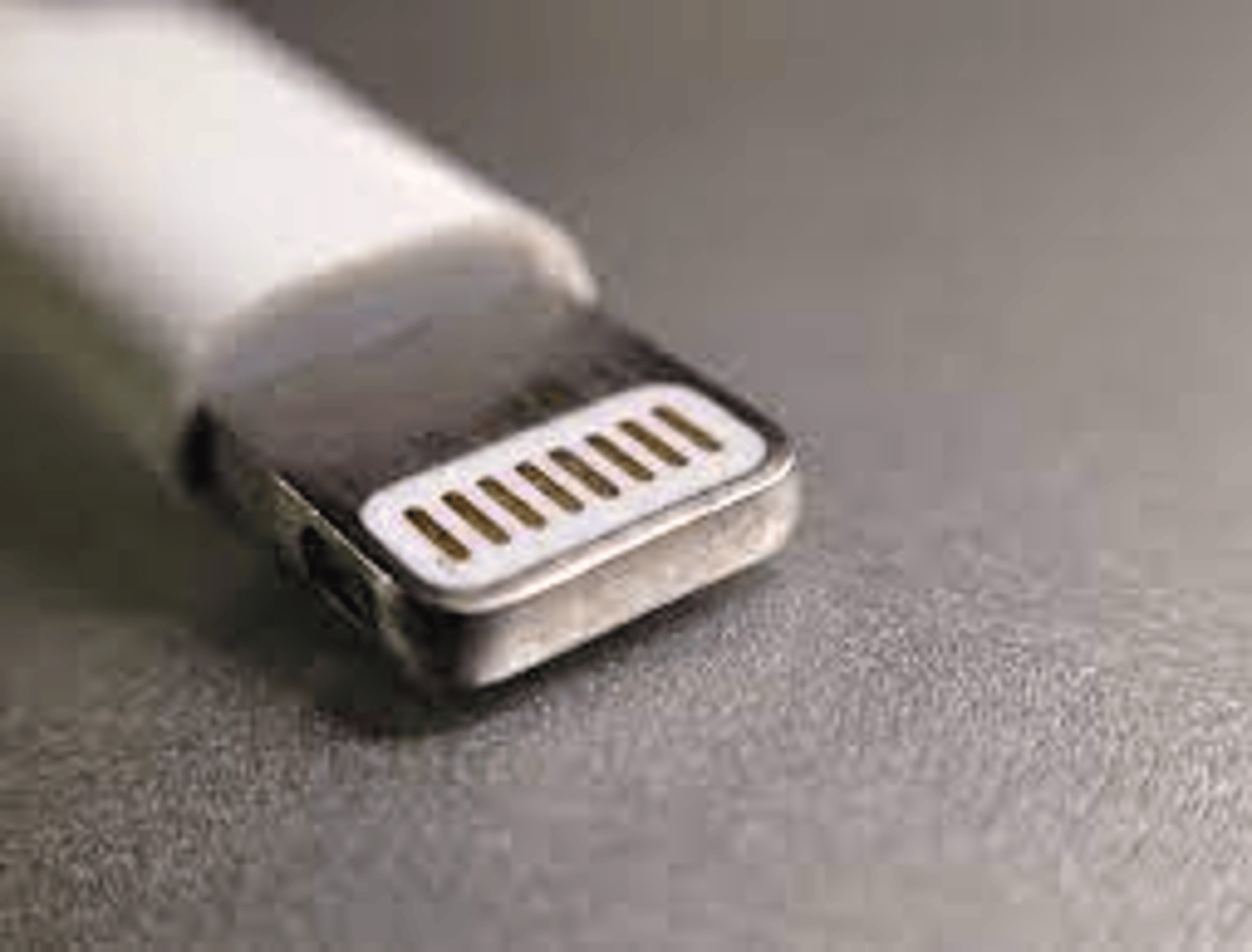
DB-9 connector (DE-9)
D-subminiature, size B
9-pin connector used to send RS-232 signals to a serial port.
Commonly used for switches, routers, firewalls, and other networking devices.
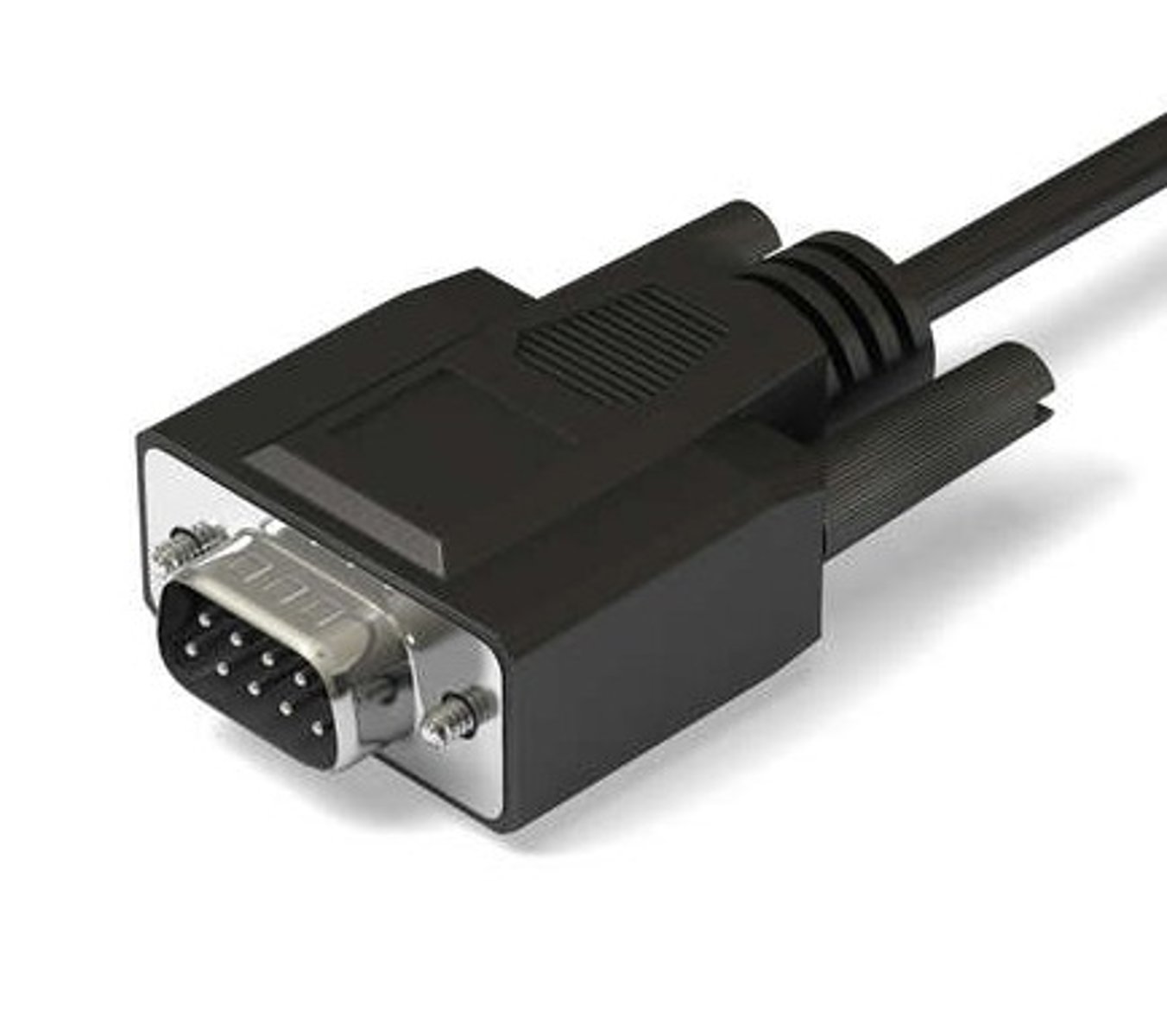
Hotspot
Feature in a device that provides Wi-Fi by sharing a mobile data connection
Touch Pens vs Active Stylus (Digital Stylus)
One has a rubber or foam tip that mimics the touch of a finger on touchscreens.
The other contains electronic components and supports features like pressure sensitivity, palm rejection, tilt, and buttons.
Drawing Pad
3rd party device with an external digitizer used with an active stylus for very precise input
Trackpad
Flat, touch-sensitive surface used to control the cursor on a laptop or other device. Can be battery powered and Bluetooth connected.
TRRS (Tip Ring Ring Sleeve) connector
Enables microphone and audio functionality (analog audio jack)
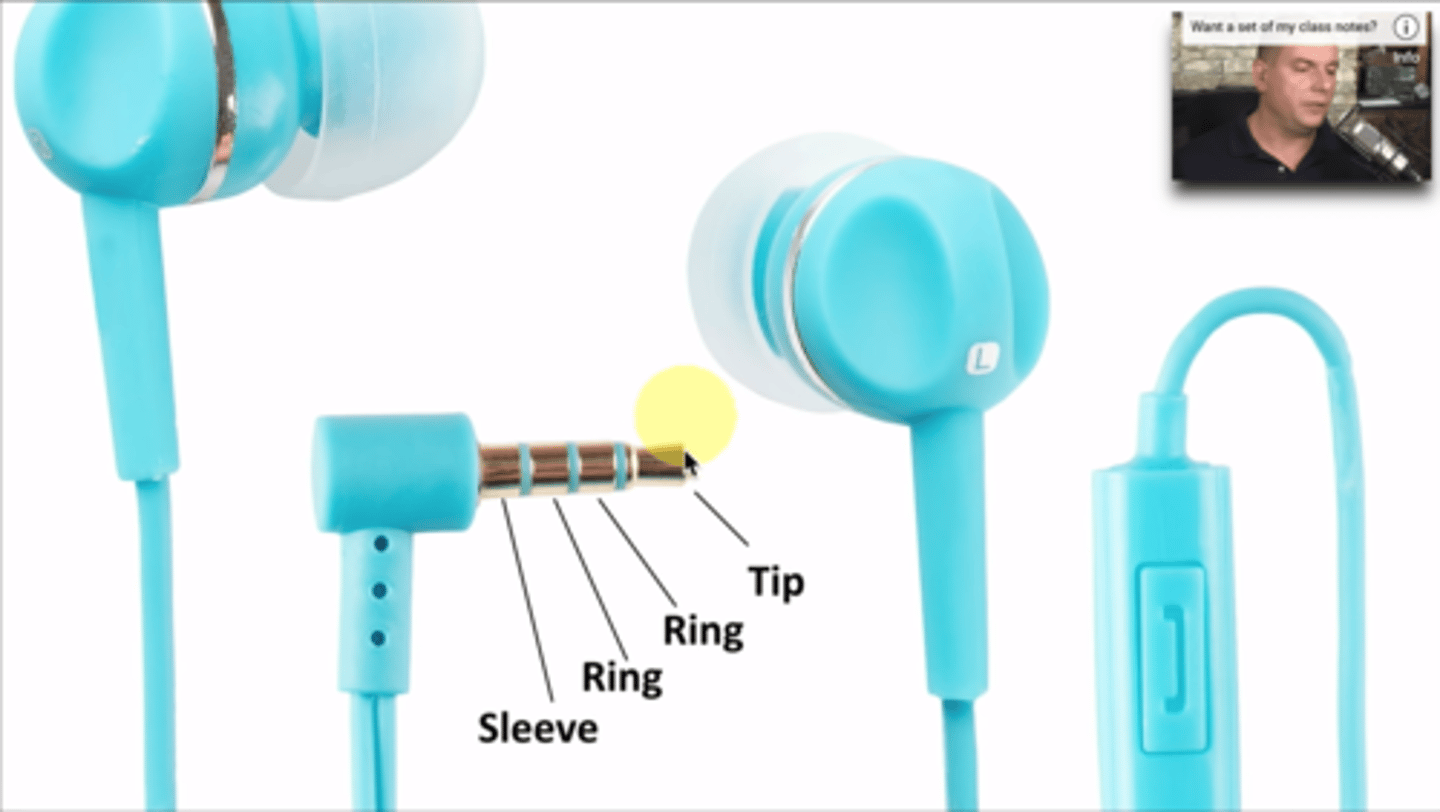
docking station
Device that allows a laptop, tablet, or smartphone to connect to multiple peripherals (monitors, keyboards, mice, printers, etc.) via a single connection
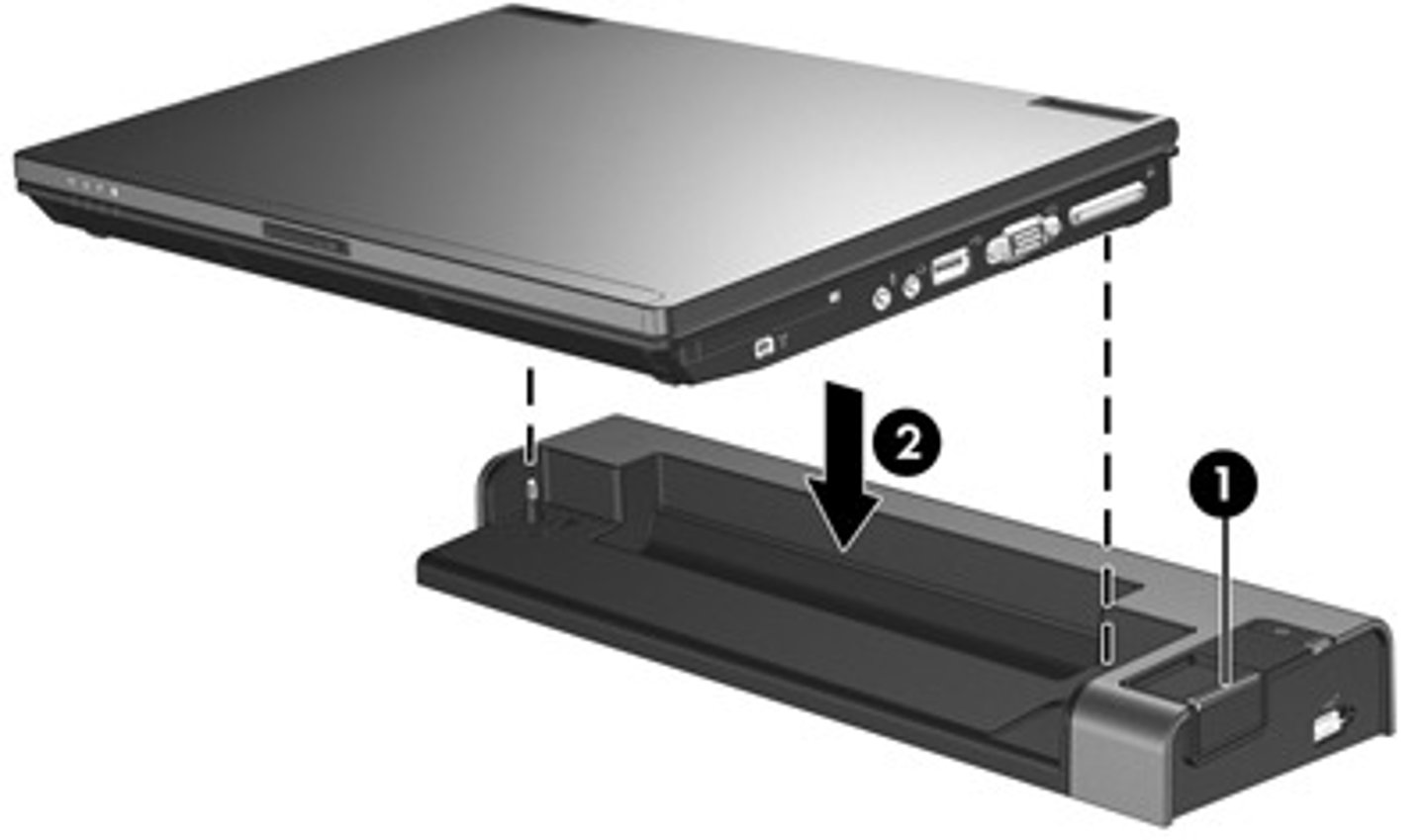
Port replicator
Similar to a docking station but without an expansion card option and usually connects using USB
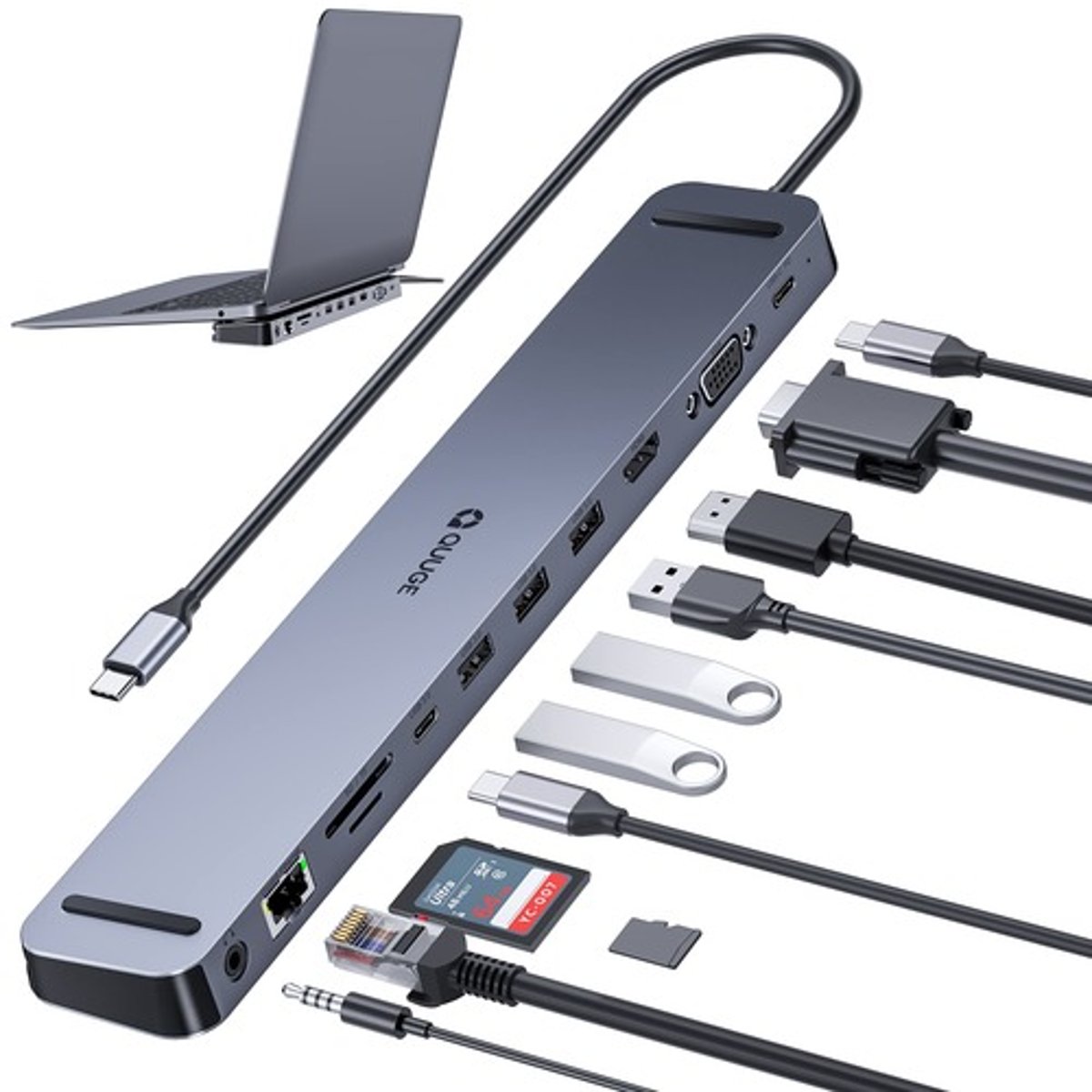
2G
Cellular network that enabled SMS texting and very basic internet; GSM and CDMA technologies
GSM (Global System for Mobile Communications)
Cellular standard with global coverage, using SIM cards and multiplexing time slots.
AT&T and T-Mobile used this in the US
CDMA (Code Division Multiple Access)
Cellular standard that uses code-based filtering for simultaneous communication.
Verizon and Sprint used this in the US
3G
Cellular network that introduced mobile broadband (high-speed internet) and supported video calls and faster web browsing. HSPA+ and EV-DO
4G/LTE
Cellular network that offered high speed data and IP networking. HD videos, gaming, apps, VoLTE.. Much faster, much more reliable.
5G
Ultra-fast, low latency, massive IoT focused cellular network. Enabled AR/VR, smart cities, and autonomous cars
Bluetooth Pairing
Connecting a Bluetooth device with built-in security
Pair device once, future connections are automatic
GPS (Global Positioning System)
A system created by the US DoD that determines one's exact location on Earth.
MDM (Mobile Device Management)
Technology used by businesses and organizations to manage and secure employees' mobile devices.
Centralized management that allows monitoring, control, and policy enforcement to ensure security and compliance